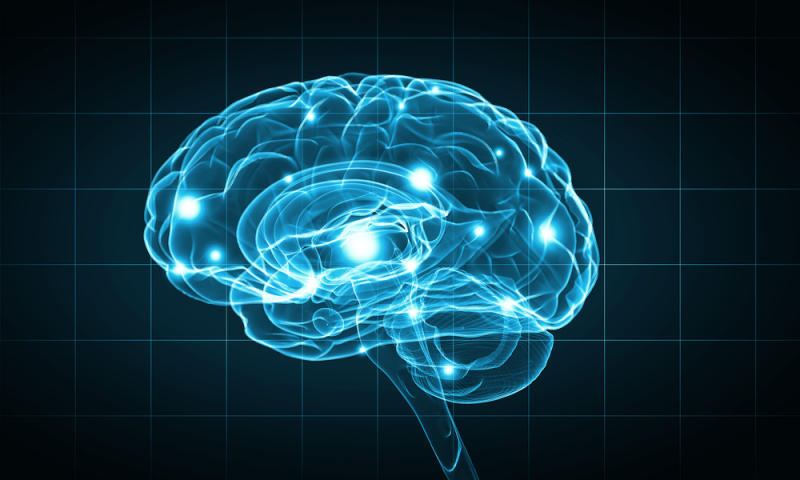Dementia is a condition which occurs in people with severe brain injury or neurodegenerative diseases such as Alzheimer’s and Parkinson’s. According to the WHO, Alzheimer’s disease accounts for 60–70% of dementia cases. And it is a good reason to learn more about this disease and myths around it:

The number of dementia patients is growing; this phenomenon is connected to increasing life expectancy worldwide. But contrary to popular belief, dementia isn’t a normal part of aging process and may affect people of different ages.
In most cases, dementia is irreversible, but it can be slowed down or even prevented. There are some steps you can take at any age to prevent or delay the onset of the condition:
1. Get enough vitamin D

Studies showed that people with vitamin D deficiency are at a higher risk of dementia. Sun makes our body produce vitamin D, but clearly it’s not enough, and you should include foods rich in vitamin D in your diet. These foods include: cod liver oil, swordfish, salmon, tuna, fortified yogurt, sardines, liver.
2. Omega-3 Fatty Acids
Omega-3 fatty acids are vital for cognitive development in children and cognitive function later in life. Make sure your child gets enough of omega-3s. Research shows that omega-3s improve symptoms in early stages of dementia and can decrease the risk of developing the condition if your diet is rich in this compound. Foods rich in omega-3s include: oily fish (mackerel, tuna, herring, and salmon), flaxseed oil, chia seeds, walnuts, soybeans, and spinach. It can also be taken in a form of pills as a dietary supplement.

3. Leafy Greens

According to some studies, leafy greens proved to have a positive effect on cognitive function, so they would be a nice addition to your diet. These include spinach, kale, collard greens, asparagus and Brussels sprouts.
4. Healthy sleep
Numerous studies have shown that lack of sleep leads to deterioration of cognitive function. While the duration of sleep matters a lot, quality of sleep is no less important. It’s better to stick to a fixed schedule and get rid of irritants that prevent you from sleeping soundly.
5. Decrease Inflammation
Chronic inflammation causes a lot of damage to our body and may lead to heart diseases, diabetes and even cancer. It also has a huge negative impact on the brain. Certain foods can help decrease the inflammation; they include: omega-3 fatty acids, probiotics, turmeric, leafy greens, nuts and seeds, olive oil, foods rich in vitamin D.
6. Physical Activity
Physical activity increases blood flow to the brain, which keeps it oxygenated. This, of course, is vital for the health of the main organ of our body. Different types of physical activity are good for the brain, both light exercises (like walking) and more intense exercises.
7. Mental Activity

Research shows that mental stimulation can help prevent cognitive deterioration. But while crossword and jigsaw puzzles are in interesting pastime, remaining socially active is even more important. Communicating with your friends and family is good for your mental health and well-being.






